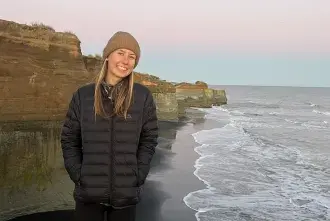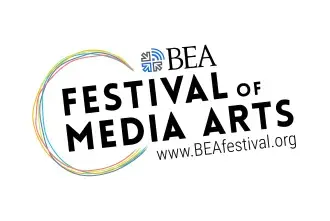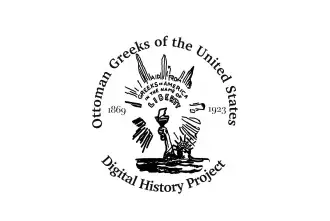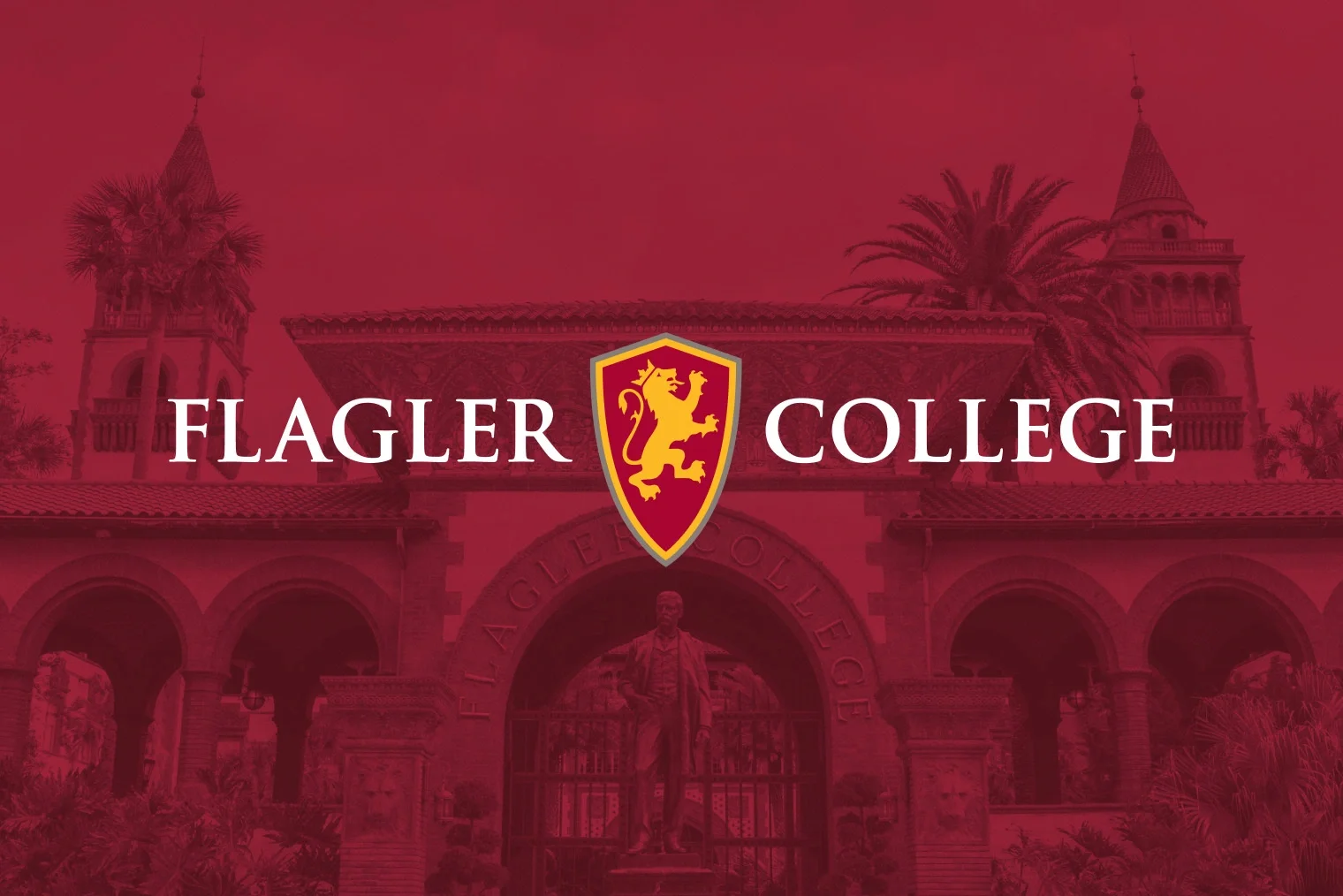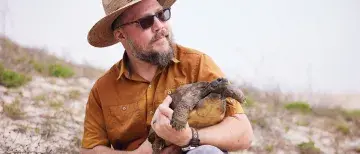
His primary areas of research and professional development focus on the conservation biology of reptiles and amphibians, but not as many people know he also likes to write “eco-poetry” about ecology and the natural world. When he’s not co-authoring research and presentations, often with students, you might find he’s performing as a featured reader for the “Jax by Jax” Literary Arts Festival. Flagler Magazine sat down with Atkinson to talk about his passion for conservation and teaching.
What is your favorite course to teach at Flagler, and why?
I love teaching Honors Learning Communities most. They pair two courses from different departments together under a unified theme. The class and faculty work together to find the common ground and intersections of two disparate fields of study. The most rewarding part is the community we create among the cohort as the students make thematic connections across different disciplinary lenses.
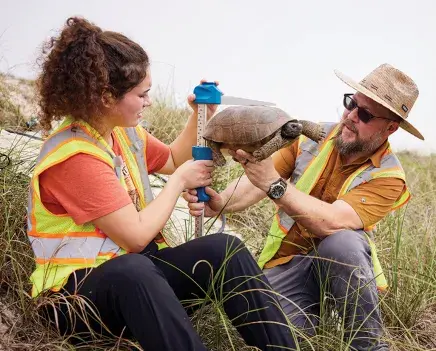
Tell us about your area of expertise and what sparked your interest in this field.
My primary area of academic expertise is the conservation ecology of tortoises and freshwater turtles, especially threatened and endangered species. For as long as I can remember, I’ve been fascinated by wildlife – whether extant or extinct. To quote my late mentor, a pre-eminent herpetologist and conservationist, Dr. Peter C.H. Pritchard, “Arrested development. All kids like turtles, but most grow out of it!”
Which books or resources would you recommend to someone who is first beginning to learn about this field?
A very accessible (and visually engaging) book for beginners in this field would be “Turtles of the Southeast,” by colleagues Kurt Buhlmann, Tracey Tuberville, and Whit Gibbons (UGA Press).
List five words you would use to characterize your style in the classroom.
Honest, conversational, demanding (but fair), passionate, and ever-evolving.
What sets apart the program, or specific major, you instruct as a great opportunity for Flagler students?
We consider the field our classroom. The Department of Natural Sciences faculty provide genuine field and laboratory research experiences – from gathering and analyzing water quality samples to hands-on wildlife work. Specifically, I’ve led study abroad courses and expeditions to Bermuda and Belize, field methods focused on local natural areas, and independent student projects – especially at the Guana Tolomato Matanzas Research Reserve to shed light on understudied aspects of coastal gopher tortoise ecology.
Describe your perfect day in St. Augustine: To me, a perfect day in the St. Augustine area is spent
in the field, usually at the GTM Research Reserve – tagging gopher tortoises with my students and mentees. The GTM Reserve is a special place. Its ecosystems are preserved in perpetuity, but also represent some of the most imperiled habitats in Florida. Additionally, the staff and volunteers there are wonderful people.
